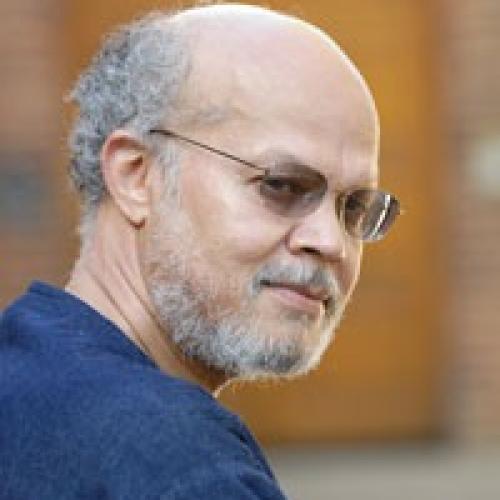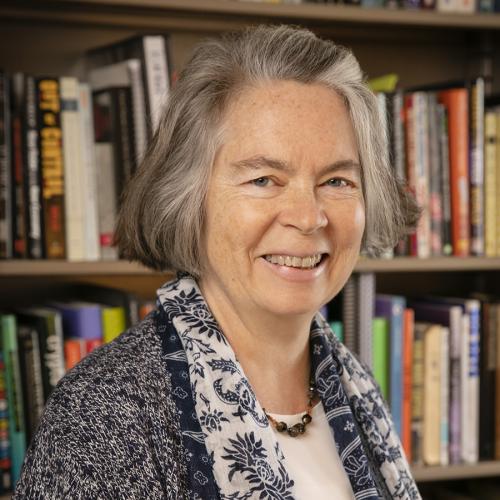Update (12/30/22): New Philadelphia National Historic Site has been established as the newest national park to commemorate the history of early 19th century Black pioneers in Illinois.
Gerald McWorter doesn't see the just-published New Philadelphia as finishing the story of the first U.S. community platted by an African-American.
"We're looking for the next book," he said.
One option would incorporate the responses – the additions, corrections and clarifications – to the book written by McWorter, a great-great-grandson of New Philadelphia founder Free Frank McWorter, and his wife Kate Williams-McWorter. Another possibility focuses on the family histories of people who have some connection to New Philadelphia, founded in 1836.
"The whole point here is that history is never finally written. It is often written from the top down – first stories about governors and leaders of leading institutions but very few family stories, very few local histories, very few location institutions have their own history," McWorter said. "We are really wanting to inspire people to follow this story by doing their own story. We want this to be a beginning, not an end."
Work on the book, described by Williams-McWorter as "200 years of history in 200 pages with 200 photos," began in 2015.
"There was a need to address all of the information that had been developed out of different sources," McWorter said.
"It's going to bring it right up to date," New Philadelphia Association President Phil Bradshaw said. "It talks about the McWorters coming here, our activities the last 15 to 20 years. It covers the whole gamut."
Oral history of the McWorter family and documents passed down from family members served as a starting point, and "then we discovered some new things we had not encountered before," McWorter said.
Among them was a series of letters written by a woman in the Shipman family, abolitionists who came to Pike County from Connecticut soon after Frank McWorter.
An early letter to her children told of the McWorters' success growing Chinese sorghum, an alternative for abolitionists who didn't want to use cane sugar from the South as a protest, and years later, Solomon McWorter patented an evaporating pan for sorghum, becoming the eighth African-American in the U.S. .and the first in Illinois to have a patent.
Tantalized by the letter and wanting to know more, the husband and wife traveled to Hawaii where the woman's daughter and son-in-law had served as missionaries, became landowners and kept the letters, which have been stored in the attic of a guesthouse operated by a descendant.

The letters not only told of the McWorter family and their industriousness but of the ongoing struggle between area Confederate and Union supporters – a reminder of the struggle that took place in every community.
"That really gets to the heart of what we're trying to do in this book," McWorter said. "New Philadelphia represents the often untold story of the agency of African-Americans in this freedom struggle and so not only buying family members, not only setting up the town, not only begin an agency of the Underground Railroad and sending grandsons to fight in the Civil War but living free and owning land and having guns and that people came to buy lots knowing this is what was going on."
The book sets the stage by placing New Philadelphia in the context of the Blackhawk Wars and the Potawatomi Trail of Death, Abraham Lincoln and Mark Twain and the travels of European visitors. Then it tells the story of the McWorters, the integrated community they built in Pike County and the ongoing work to find out more of its history.
"This book comes out at a time in the history of the United States that challenges everyone to rethink the history of the country and the experiment it has posed in its struggle for democracy," the authors said in the book's epilogue. "New Philadelphia is a small place with a big story, a glimpse of what might happen in this country if the racism and negation of the numerous patterns of unity across all ethnic communities were to be curtailed and eliminated. We have often said if New Philadelphia was possible, then maybe America is possible."

